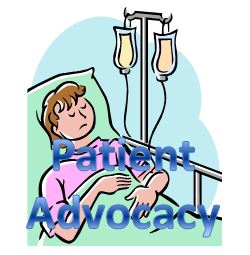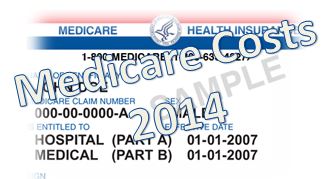Florida Medicaid: The Big Switch to Managed Care
Medicaid reform legislation that was proposed in Florida in 2011 was designed to move management of Medicaid benefits to private, for-profit managed care companies. In the time since, there have been many meetings and debates, various changes, pilot programs and challenges to overcome in getting this concept implemented. However, the time is now here…and Florida Medicaid recipients will soon be receiving letters asking them to enroll in a particular plan (if they have not already). The state is rolling these changes out on different dates in the various counties. The roll out date for Pinellas, Pasco and Hillsborough counties is February 1, 2014.
What does this mean for Florida seniors?
If you are receiving Medicaid benefits or you have applied, this change affects you…and means you will have some decisions to make. If you care for an aging parent in Florida and/or serve as a decision maker (for example as guardian, P.O.A., healthcare surrogate) for a Florida elder or other person receiving Medicaid benefits , you should understand these changes so that you can assist and understand what choices need to be made. Essentially, all Medicaid beneficiaries will now be receiving benefits through a managed care company. So, they will have to choose which plan they wish to enroll in to manage their benefits. If a senior does not make a choice, Florida will choose a plan for that person. Enrollment is mandatory. The plan will oversee your benefits and care plan for determining how much/which benefits and services you receive. Once enrolled in a plan, a representative will meet with you and develop a care plan (you are entitled to have an advocate with you at this meeting and to have input in developing your care plan). If you have problems with your plan or the care being provided, there are specific processes for complaints and changes (the consumer guide below provides information on this; it is important to note that you have limited time frames for making changes and filing complaints).
What do I need to do?
You will have some decisions to make and it is very important to clearly understand these decisions and how they may affect your care. There have also been numerous program glitches that could cause issues for you. If you work with an Aging Wisely care manager currently, your care manager can help you through this process and provide resources to help at various stages. Our team has been studying the changes and getting training from some of the top experts, so we can be best prepared to help you. As always, we also work collaboratively with expert providers so we can refer you for help in specific areas.
Consumers can get some excellent information on these Florida Medicaid changes on the website Foundation for LTC Solutions. This group of Florida elder advocates has created resources like a decision tree and guide for the enrollment decisions. If you want to understand more about the program and decisions involved (as well as some of the pitfalls and important tips), you can download their Florida Medicaid Managed Care Consumer Guide. The guide is divided up in to sections based on your situation (answer a couple simple questions to be guided in to the correct section), so that while there is a lot of information you should only need to review the section that is applicable to your (or your loved one’s) situation.
Because Medicaid benefits will now be managed by the specific plan in which you enroll, the decisions can have a big impact on the care you receive. For example, if you are currently receiving home health benefits or care at assisted living, you may have to switch providers or move if your new plan is not contracted with these providers. We want to draw your attention to the importance of this major change, while not panicking you. Advocates have worked hard to spot the difficulties with the process and fight for protections. There are some safeguards built in and options if you encounter problems. Having a good care team is essential for each elder… you need strong advocates and resources to help (whether dealing with issues related to Medicaid managed care or just eldercare in general).
If you are working with Aging Wisely, your care manager will be reaching out to you about these changes as they apply to you and offering assistance. The resources above offer great insight for Medicaid recipients and their loved ones/decision makers to get an overview and answers to key questions.
If we can help with any questions or resources about Florida Medicaid, Medicare or other patient advocacy issues, please contact us at 727-447-5845.




 Popular Downloads
Popular Downloads


 Get Our Newsletter!
Get Our Newsletter! Mission Statement
Mission Statement

